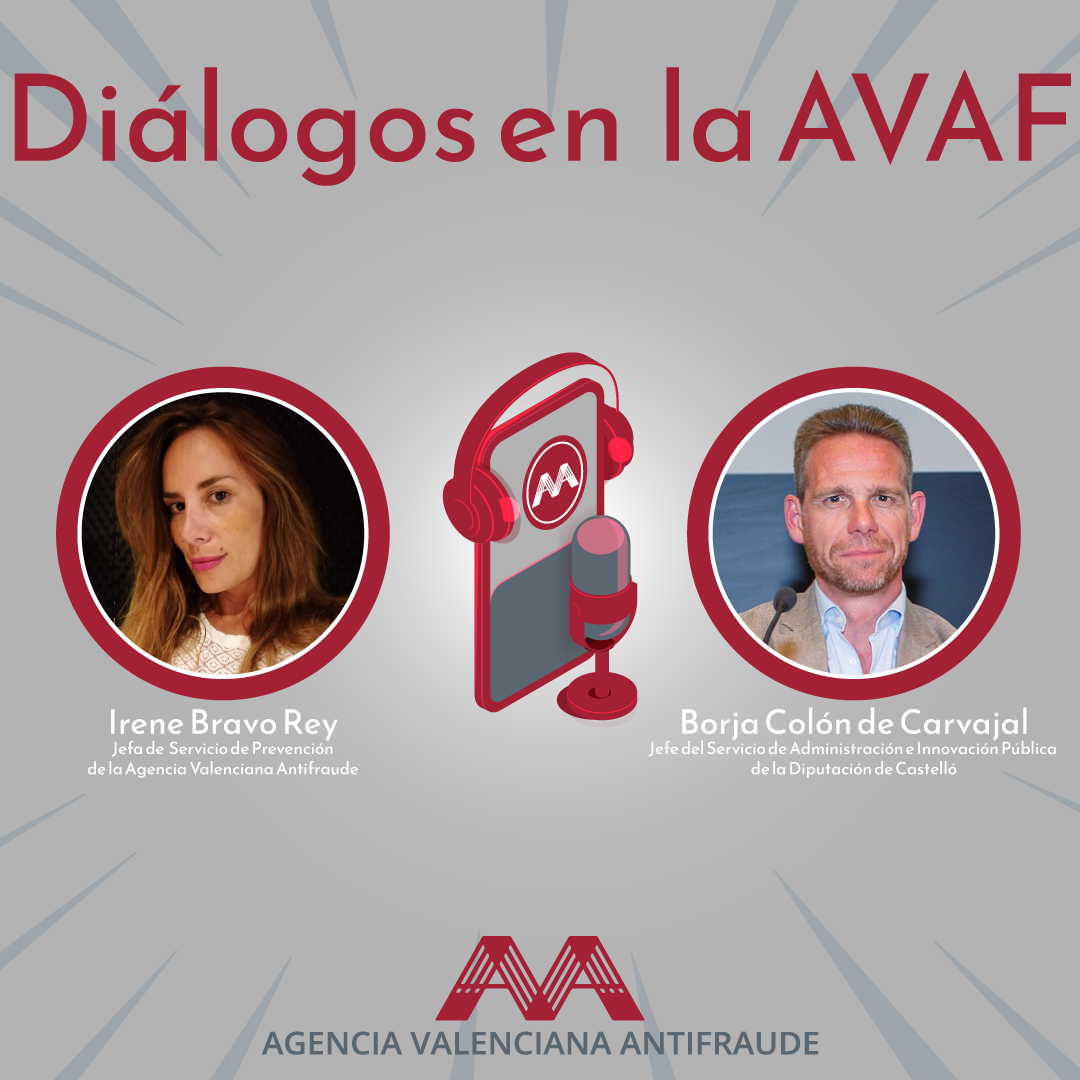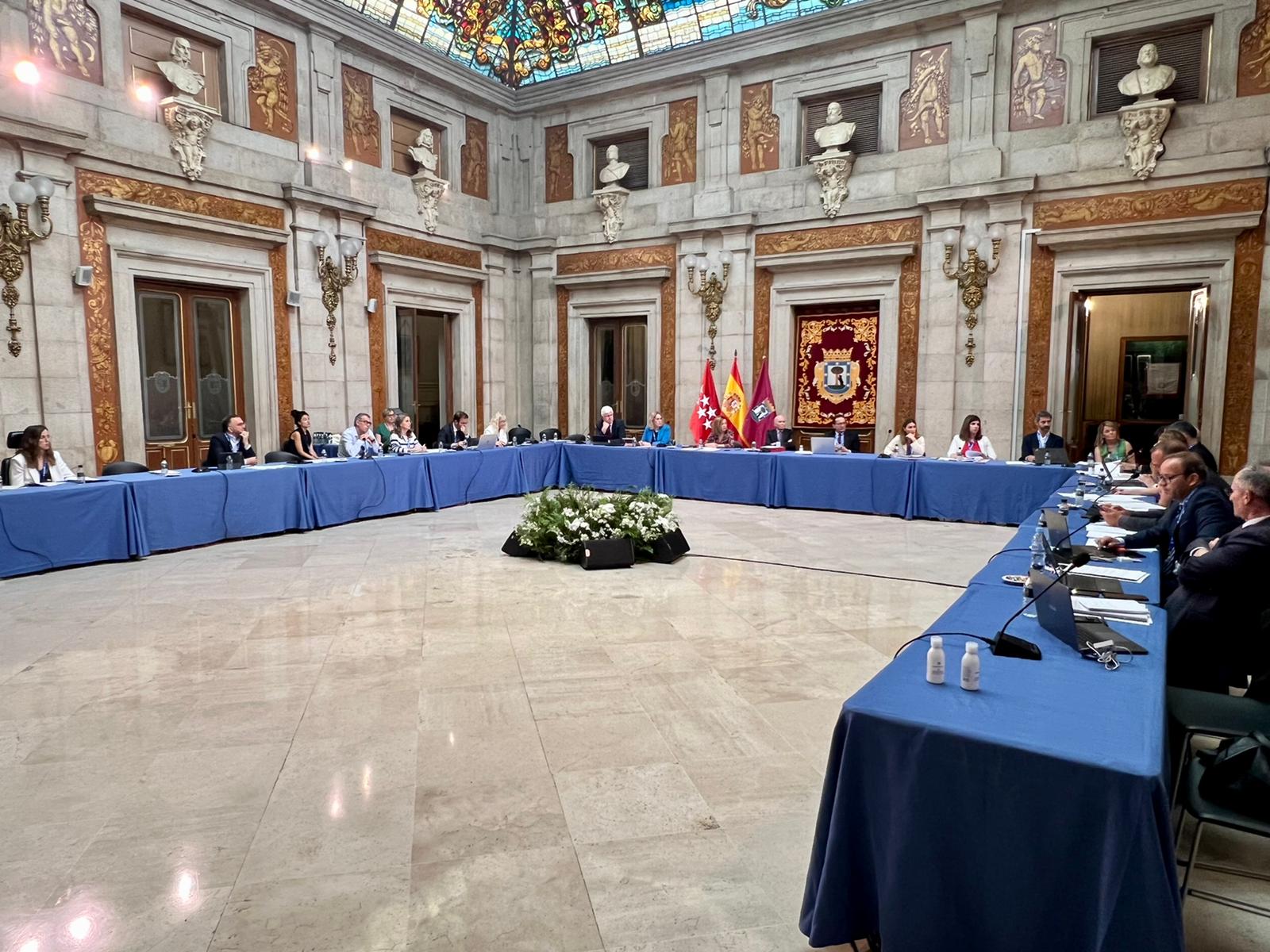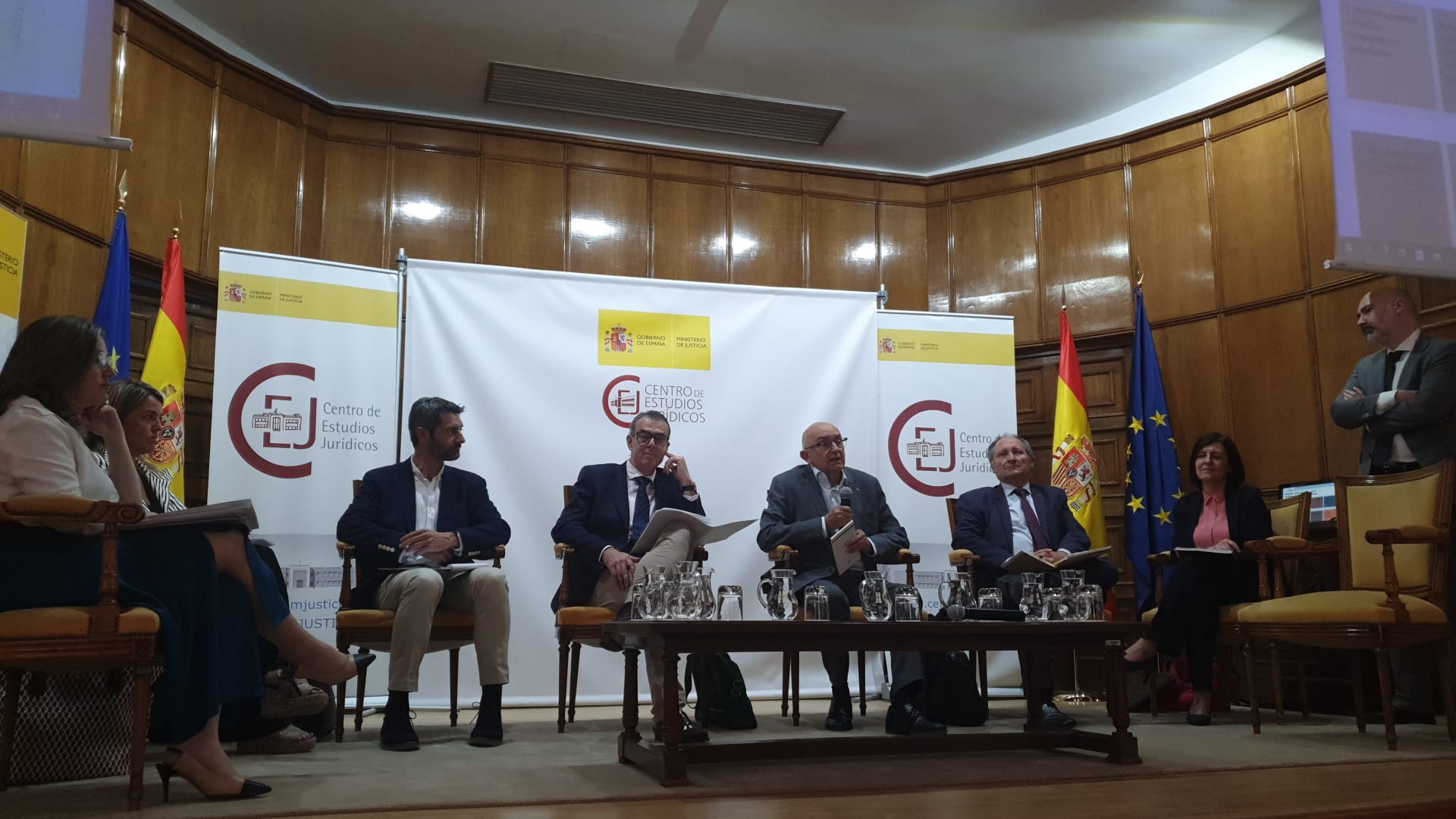On this occasion, Irene Bravo, head of the Agency’s prevention service, spoke with Borja Colón, head of the administration and administrative innovation service of the Castellón Provincial Council. Among the issues that it has dealt with is the new Transparency and Good Governance Law of the Valencian Community approved in March 2022.
You can also listen to it on our channels:
Spotify 
ivoox 




